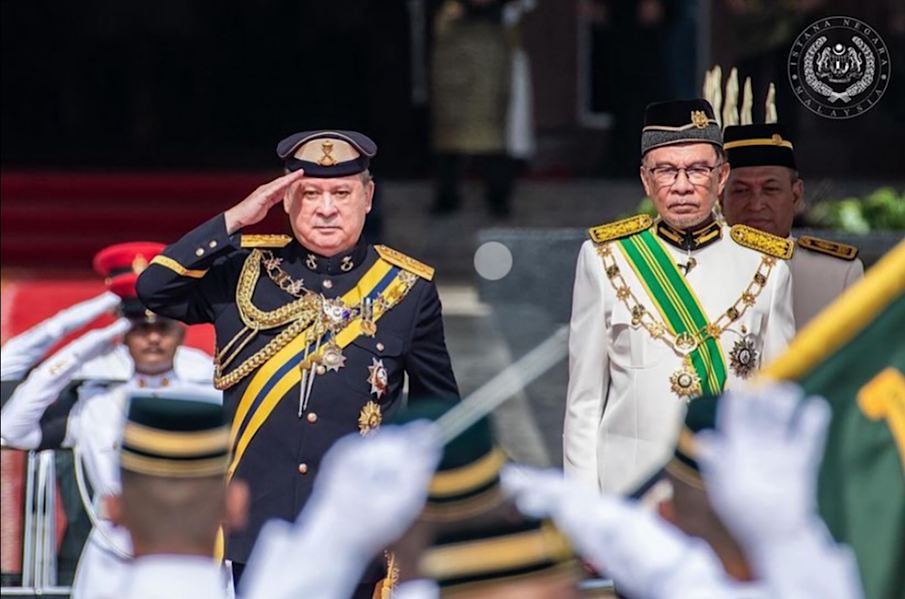Amid reforms and balance of power, Malaysia welcomes new king
Sultan Ibrahim Iskandar took office yesterday, two days after being sworn in at the National Palace in Kuala Lumpur. Hope for more "interventionism" from the ruler in the nation's turbulent political life. He wants to make his term a time of greater interventionism, including in the economic sphere.
Kuala Lumpur (AsiaNews) - On February 1, the new king took office in Malaysia, the 17th since independence, the result of the particular alternating succession system in force in the country.
A succession awaited in the hope that greater interventionism by the sovereign in the turbulent Malaysian political life can guarantee not only national unity and mediation action, but also act to avoid the risk of fractures between the various ethnic and religious components resulting from the actions of the parties policies.
Ruler of the southern state of Johor, one of the eleven (in addition to two federal territories) into which Malaysia is divided and which has a federal structure,
Sultan Ibrahim Iskandar took the oath of office on 30 January in the National Palace in the capital Kuala Lumpur, accepting a role five-year term divided on rotation between nine ruling families, in a unique system in the world. The 65-year-old Sultan Ibrahim succeeds Al-Sultan Abdullah Sultan Ahmad Shah, king of Pahang who had already shown his desire to make the monarchical institution more involved in the political and social life of the country, on the basis of prerogatives granted but little used so far.
The nation requires cohesion, integrity and ability to emerge from a long period of tensions at various levels: parliamentary, government, conflict between social, ethnic and religious personalities resulting from its variety and diversity but above all from the exploitation that some groups make of different identities present in the population, exacerbating them.
Billionaire with many economic interests, passionate collector of luxury cars and motorcycles, known for his frankness and decisive personality, the new king has long signaled skepticism towards political management.
Before taking office, there were signs of his intention expressed in an interview with the Singaporean newspaper Straits Times that he wanted to make his mandate a time of greater interventionism and to ask that the state oil company Petroliam Nasional and the Anti-Corruption Agency respond directly to the reigning sovereign.
Resolutions that will have to take into account the strong susceptibilities at play, but which are a significant signal in the context of a society that has been experiencing tensions and political upheavals for years after the defeat in 2018 of Barisan Nasional, the coalition that had governed the country since independence.
Faced with this situation, many had asked to guarantee greater power to an institution above the parties which, for example, exploits the possibility of appointing a head of government who it believes has a certain majority in Parliament.
A prerogative already exercised by his predecessor in moments of particular crisis. It is no coincidence that the need to bring the country back to stability, an essential condition for guaranteeing Malaysia's progress and international role, was underlined by Al-Sultan Abdullah at the end of his mandate.







.png)










